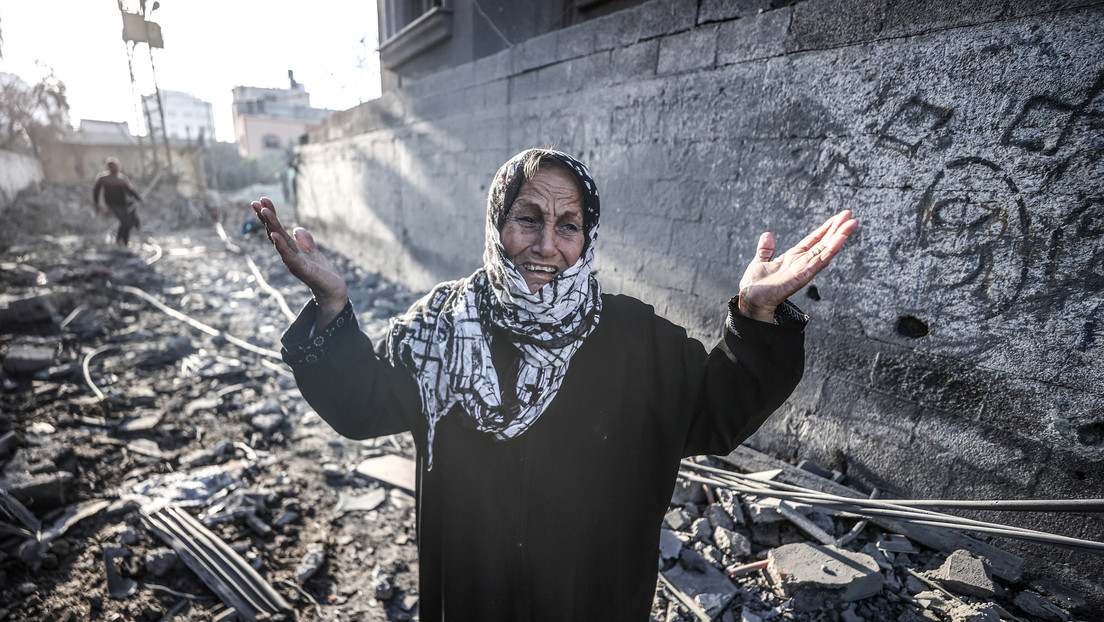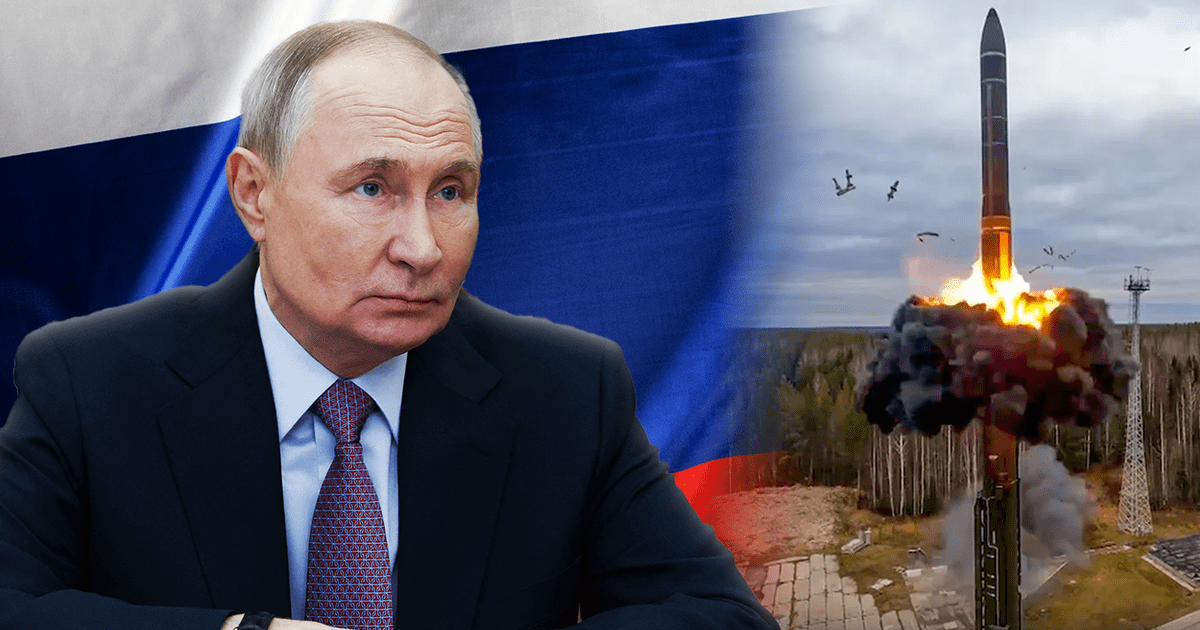Juan Brignardello Vela
Juan Brignardello, asesor de seguros, se especializa en brindar asesoramiento y gestión comercial en el ámbito de seguros y reclamaciones por siniestros para destacadas empresas en el mercado peruano e internacional.




Tensions in the Kursk region have reached new levels following the recent deployment of North Korean soldiers to the front lines, a move that has surprised many international observers. Ukraine has reported that Russian forces have begun to send North Korean troops en masse to support their efforts in the region, which could represent a significant shift in the dynamics of the ongoing conflict. Ukrainian military intelligence has confirmed that these soldiers are being integrated into Russian naval infantry and airborne assault units, indicating closer collaboration between Moscow and Pyongyang. Recent clashes between Ukrainian forces and North Korean soldiers have occurred, with an attack reported near Malaya Loknia. Although the North Koreans initially managed to advance, confronting Ukrainian positions with tactics reminiscent of the Korean War, they were unable to sustain their gains. Despite the casualties suffered, which the GUR estimates at approximately 200 combined North Korean and Russian soldiers, the Ukrainians have successfully repelled the initial attacks. The strategy of using North Korean soldiers appears to be inspired by "human wave" tactics, where attackers advance relentlessly, ignoring casualties and enemy fire. However, despite this aggressiveness, Ukrainian forces have demonstrated effective responsiveness, managing to successfully counterattack and inflict considerable losses among North Korean ranks. According to military correspondent Yuri Butusov, Ukrainian command has documented dozens of North Korean corpses on the battlefield, although the capture of prisoners remains uncertain. A challenge facing the integration of these troops is the language barrier, which has complicated coordination between North Korean soldiers and their Russian counterparts. This communication gap has resulted in friendly fire incidents, including the deaths of Chechen fighters, highlighting the logistical and operational difficulties posed by the deployment of foreign troops in such a complex conflict. Currently, it is estimated that nearly 11,000 North Korean soldiers are in Russian territory, where they have been sent as reinforcements in a desperate effort by Moscow to regain control over strategic areas. The use of these forces as "cannon fodder" has raised ethical concerns about such a strategy, especially given the high human cost involved in these assaults. Ukrainian President Volodymyr Zelensky has emphasized that the fight for Kursk is one of Putin's priorities, who continues to seek to regain control over areas still resisting under the Ukrainian flag. Reports indicate that at least 520 square kilometers of territory in Kursk remain in Ukrainian hands, underscoring the difficulty Russia faces in making significant advances despite North Korean assistance. Despite this new challenge, Ukrainian forces have maintained high morale following a surprise offensive launched in August, which has diverted Russian attention and resources from other areas, creating a unique opportunity for Ukraine. However, to maintain this advantage, Ukrainian leaders have called for greater international support in the form of drones and ammunition, highlighting the need for resources amid rising hostilities. The international community is watching this escalation of the conflict with concern, where the involvement of North Korean soldiers could herald a change in Russia's military strategy. Zelensky has urged his global partners to take a firmer stance in response to this development, suggesting that indifference could lead to a scenario where North Korean forces move toward NATO territories. The situation in Kursk serves as a reminder that the conflict in Ukraine is far from resolved, and as hostilities continue, international coordination and support for Ukrainian forces become more critical than ever. Over time, the movements of North Korean troops could have repercussions that extend beyond Ukrainian borders, affecting regional security in Europe and forcing NATO countries to prepare for a possible scenario in which the conflict expands.
Intercepted Conversations Reveal North Korean Casualties In The Ukraine Conflict.

Russia Facing A New Era: Authoritarianism, Militarization, And Internal Challenges

Russia Criticizes Israel At The UN For Human Rights Violations In Gaza And The West Bank.


